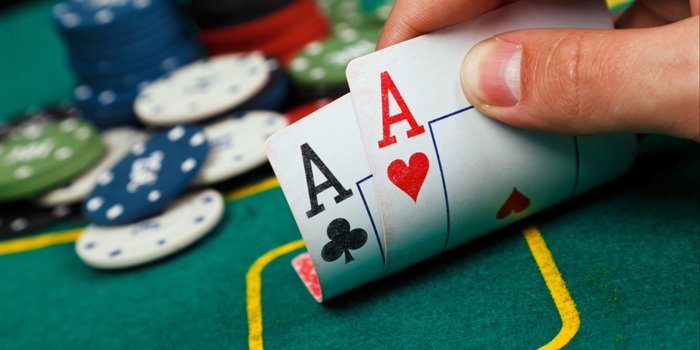
Poker, as it has been said main times, is psychological game. Other than your own hand strength, you need to find out what your opponent is holding to take the best decisions on the table. A good understanding of human nature and behavior can help you predict your opponent’s future moves, adopt a strategy, and take complex decisions on time. Regardless of whether you are playing online or offline, you need to decide your game play on the basis of limited information, so it is crucial to get into the minds of your opponents. Though this understanding comes naturally to some, it can also be developed with time.
Understanding of human behavior is one of the biggest weapons which you can use on a poker table. Here’s how knowledge of psychology can help you boost your bankroll and become a successful long-term poker player:
Calling Bluffs
Bluffing is a strategy where a player attempts to trick his opponents by providing wrong information about his hand strength. When you have average cards, you can either bet heavily and create the impression that you have a better hand than your opponent to make him fold his cards. When you have exceptional cards, you can act vulnerable and bet low to give the impression that your hand is weak to make him contribute more to the pot.
If you want to pull off a bluff like that successfully, you should evaluate the level of skills and knowledge of your opponent by analyzing the previous hands he played. Similarly, when your opponent runs a bluff, you need to see the pattern in his behavior and gameplay to call his bluff. Also, his table position, stack size, and body movements (legs jolting, shaky hands, avoiding eye contact, sudden excessive talking/keeping quite, etc) are few instances which can help you detect the bluff.
Gaining Information about the future moves
You can read your opponent’s hand by studying the way he behaves on the table. Every player has different personalities and behavioral pattern. You can pick up valuable “tells” by keeping a close eye on your opponent’s micro-expressions, chip stack arrangement, body language, table talks, etc. It is important to psychologically read the actions of fellow players carefully to understand their playing style (tight passive/ loose passive/ tight aggressive/ loose aggressive) to create a game plan against them.
Emotion Control and taking the best decisions under pressure
A good poker player understands the importance of controlling emotions on game table and take the right decisions quickly in adverse situations. Most players know very little about how to deal with ups and downs of the game mentally. Under the influence of emotions like anger and frustration, they take poor and irrational decisions on the table and ultimately lose the game. Many players make the mistake of chasing losses and risk much more money that they afford to lose. As you invest your hard-earned money into the game, you need to play with a focused and rational mindset. It is essential to become mentally tough to ensure performing your best in any situation if you want to survive in this highly competitive game for long.
Analyzing and Improving Your Game
Poker is a mind game, playing which requires determination, patience, and discipline. A player needs to consistently review the hands he played to find out the weak spots in his game. It is human nature to imagine that no one knows ourselves better than us. After a point of time, most players stop making efforts to improve their game or analyzing their hands to identify mistakes and correct them. It is good to have confidence in your own self-knowledge, but it is also crucial to understand your limits. If you want to become a stronger player, you need to be honest with yourself. Step out of your comfort zone and practice to improve your abilities.
Poker is not just a game of cards. It is a game of understanding human behavior and situations. What matter most is staying optimistic yet realistic about your strengths and weaknesses.
